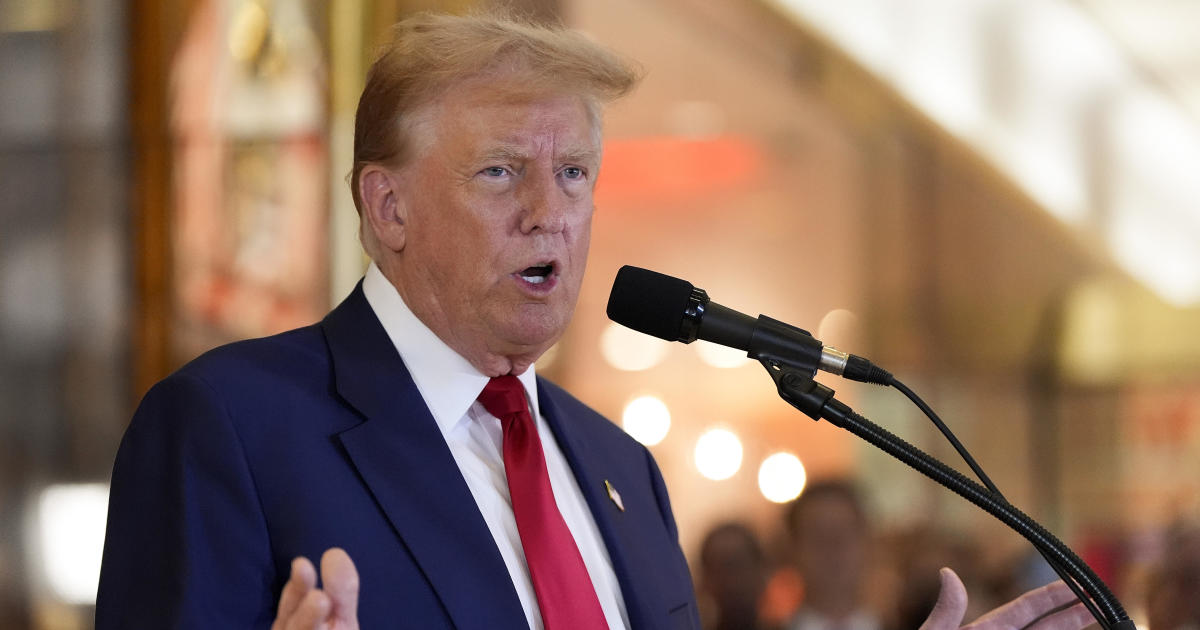New York’s highest court, the Court of Appeals, made a significant ruling on Tuesday regarding former President Donald Trump’s challenge to a gag order in a criminal case where he was recently convicted of 34 felony counts. The court decided not to consider Trump’s appeal, stating that no substantial constitutional question was directly involved in the case.
The gag order was issued by Justice Juan Merchan on March 26, prohibiting Trump from making public comments about witnesses, jurors, court and prosecutor staff, and even the relatives of any counsel or court staffer. The order was later updated to include members of Trump’s own family. Merchan cited Trump’s statements about individuals involved in the case as “threatening, inflammatory, [and] denigrating.”
During the trial where Trump faced charges of falsifying business records, he violated the gag order 10 times before and during the proceedings. The charges against Trump stemmed from his involvement in a scheme to cover up reimbursements for a payment made to an adult film star, Stormy Daniels, just days before the 2016 presidential election. The payment was intended to prevent voters from learning about her allegations.
Despite the conviction, Trump has vowed to appeal the decision, and the case may eventually make its way back to the Court of Appeals. Trump expressed frustration over the gag order, arguing that it infringed upon his free speech rights by preventing him from discussing key witnesses in the case, including his former lawyer Michael Cohen and Stormy Daniels.
A spokesperson for Trump’s campaign reiterated these concerns, stating that the gag order violated the First Amendment rights of both Trump and American voters. The spokesperson indicated that Trump and his legal team would continue to fight against the gag order imposed by Justice Merchan, asserting that it silenced Trump during a crucial time in his presidential campaign.
During arguments before a lower appellate court on April 9, Trump’s attorney, Emil Bove, contended that Trump was unable to respond to public comments made by Cohen and Daniels, who were attacking Trump in public forums. Bove emphasized that the nature of the attacks against Trump was different from other cases and required a response.
In response, Steven Wu, an attorney for Manhattan District Attorney Alvin Bragg, argued that allowing Trump to make public statements would enable him to make inflammatory remarks about individuals involved in the case. Wu cautioned against setting a precedent where Trump could attack anyone involved in legal proceedings, pointing to his history of social media attacks against judges and prosecutors in other cases.
The lower court, the appellate division, first department of the New York Supreme Court, dismissed Trump’s appeal of the gag order in May. The court upheld Merchan’s decision, noting that Trump’s public statements posed a significant threat to the integrity of the trial.
Overall, the legal battle surrounding the gag order in Trump’s criminal case highlights the complexities of balancing free speech rights with the need to protect the fairness and integrity of legal proceedings. As the case progresses, it will be interesting to see how the courts continue to navigate these issues and uphold the principles of justice and due process.









